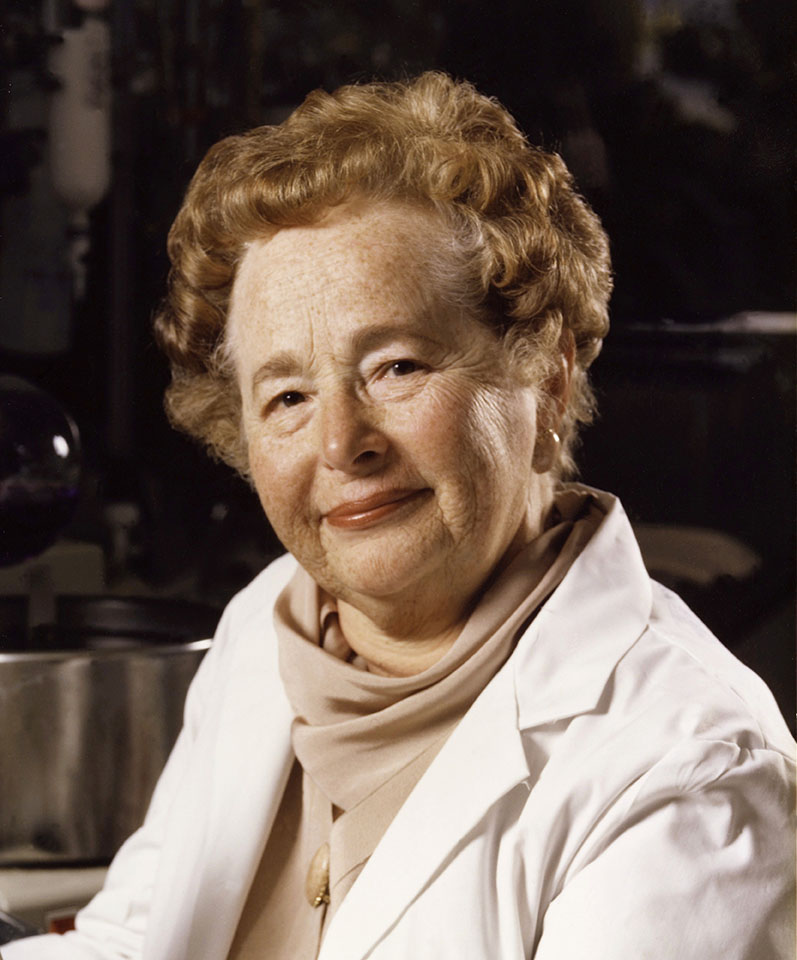

Gertrude B. Elion was an American biochemist and pharmacologist who won the Nobel Prize in Physiology or Medicine in 1988 for her work on the development of new drugs. She was born in New York City in 1918 and died in Chapel Hill, North Carolina in 1999.
Elion's research focused on finding ways to treat diseases by targeting specific enzymes. She developed a number of drugs that are still used today to treat leukaemia, gout, and organ transplant rejection. Her most notable contributions include:
Elion's work has had a profound impact on the field of medicine. Her drugs have saved countless lives and improved the quality of life for millions of people. She was a brilliant scientist and a pioneer in the field of drug development. Her work will continue to benefit humanity for many years to come.
Elion worked on the development of a number of new drugs, including azathioprine, which is used to prevent organ rejection in organ transplants.

There are no different forms of the word "Gertrude B. Elion" because it is a proper noun. Proper nouns are the names of specific people, places, or things. They are always capitalized, even in the middle of a sentence.
The name "Gertrude" is of German origin. It is a feminine given name that means "strong spear". The name "B" is an initial that stands for Belle.
The name "Gertrude" was first recorded in the 9th century. It was the name of a German noblewoman who was the wife of a German king. The name became more common in Germany in the 10th and 11th centuries.
What is Gertrude B. Elion famous for?
Question: What did Gertrude B. Elion contribute to the field of science?
Answer:
Gertrude B. Elion was a biochemist who made significant contributions to the field of drug development. She worked on the development of a number of new drugs, including azathioprine, which is used to prevent organ rejection in organ transplants. She also worked on the development of 6-mercaptopurine, which is used to treat leukaemia. These drugs were the first of their kind, and they revolutionised the treatment of these diseases.
Elion was also a pioneer in the field of rational drug design. This is the process of designing drugs that target specific molecules in the body. Elion developed a number of techniques that are still used today in rational drug design.
Elion's work has saved millions of lives. Her drugs have helped to treat diseases that were once fatal, and they have improved the quality of life for millions of people. She is an inspiration to scientists and doctors around the world, and she is a role model for women in STEM fields.
Here are some of the specific contributions that Gertrude B. Elion made to the field of science:
Address
Developing Experts Limited
Exchange Street Buildings
35-37 Exchange Street
Norwich
NR2 1DP
UK
Phone
01603 273515
Email
hello@developingexperts.com
Copyright 2025 Developing Experts, All rights reserved.